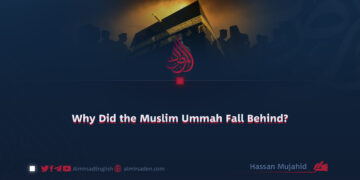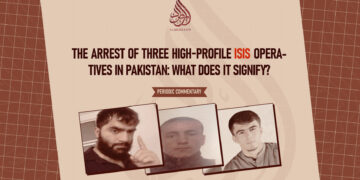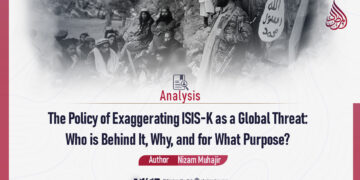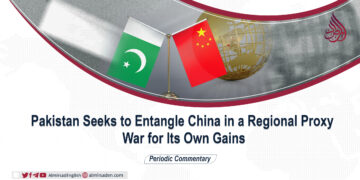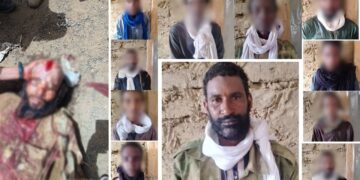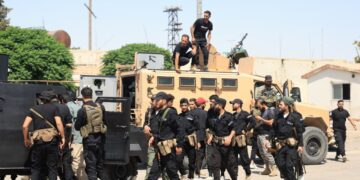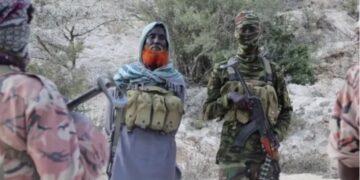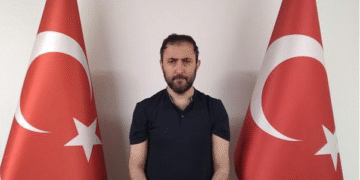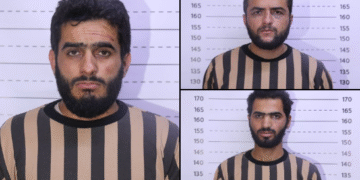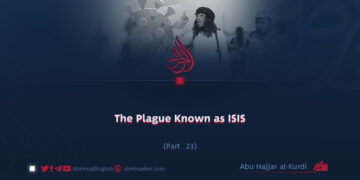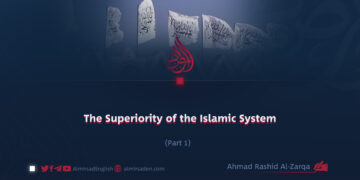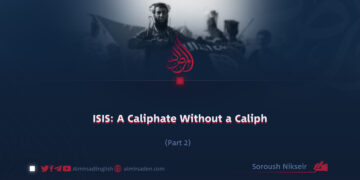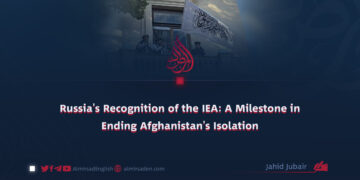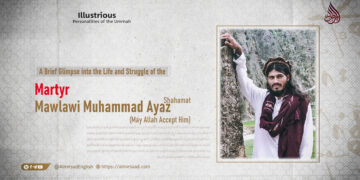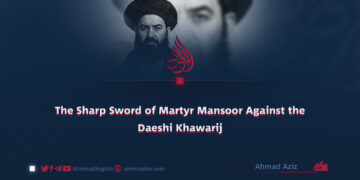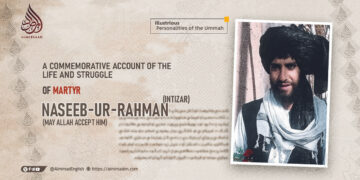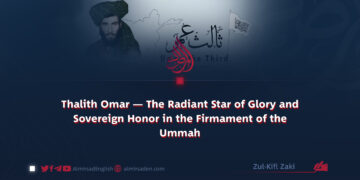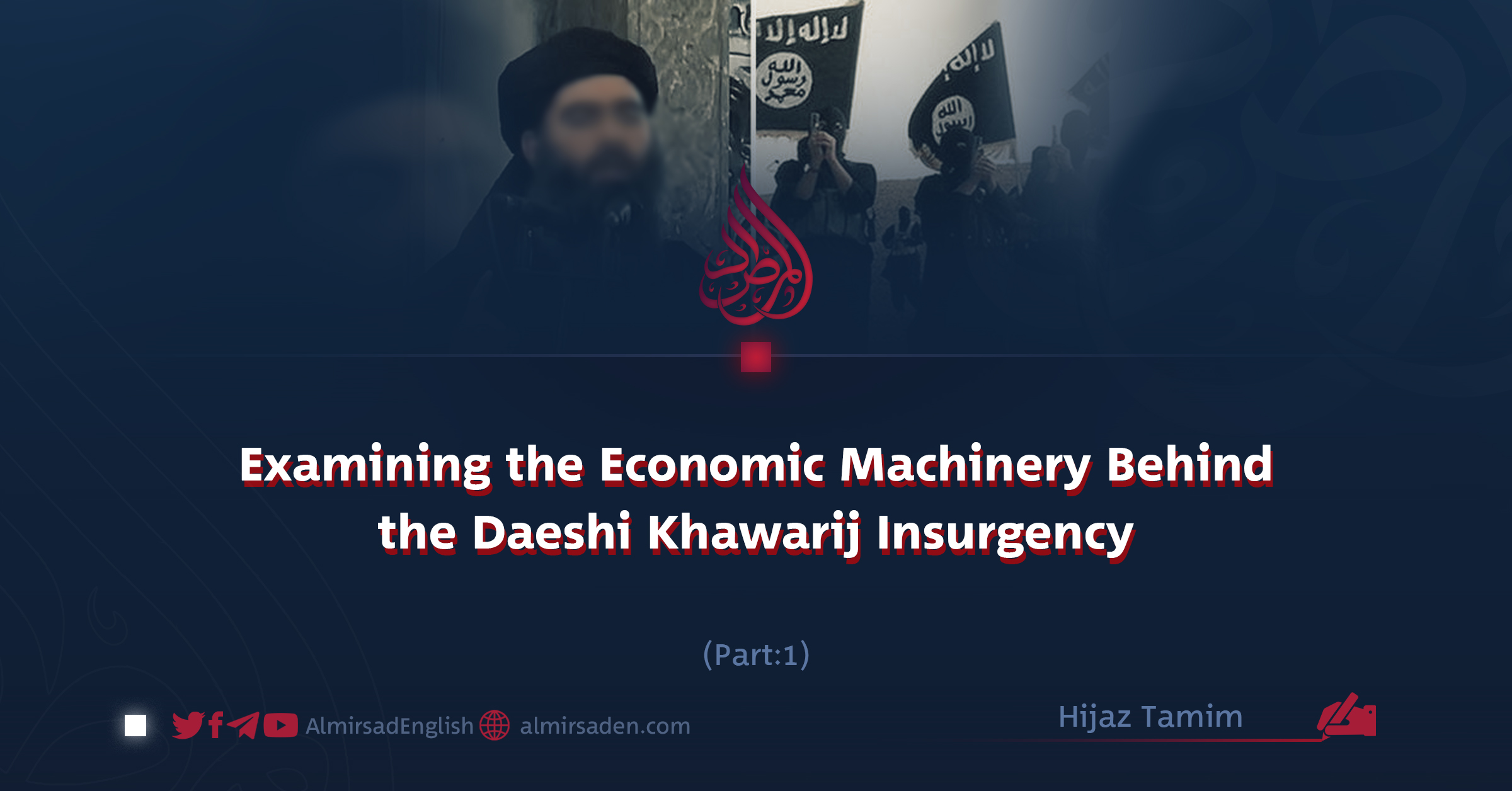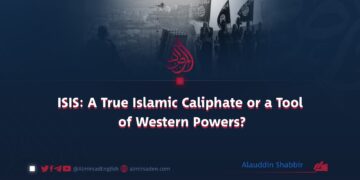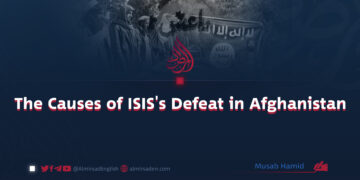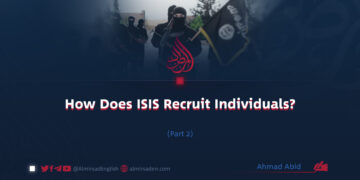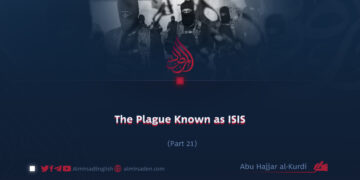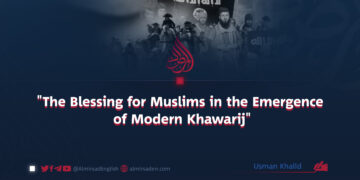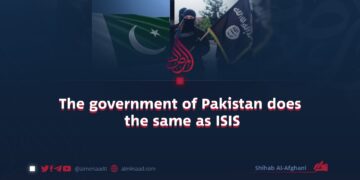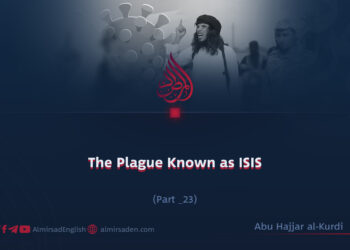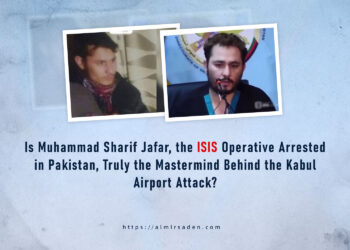Part 1
Author: Hijaz Tamim
نَحْمَدُهُ وَنُصَلِّي عَلَى رَسُولِهِ الْكَرِيم، أَمَّا بَعْدُ!
Introduction:
Financial resources form the essential foundation for sustained organizational success, comprising all mechanisms required to fund operations, deliver services, and achieve strategic objectives. While human capital, physical assets, and technological infrastructure hold intrinsic value, their effective utilization remains contingent upon stable and scalable financial support systems.
In this context, the financial power of Daeshi Khawarij played a pivotal role in enabling the group to establish dominance over vast territories in Syria and Iraq. It also allowed the group to forge alliances, recruit large numbers of militants, execute multiple successful military operations in a short span, and significantly expand its ideological and operational footprint.
From the outset, Daesh prioritized financial autonomy and procurement. The group systematically secured funding from various non-governmental organizations and private individuals—predominantly based in the Gulf states, especially Saudi Arabia, Kuwait, and Qatar. Simultaneously, it engaged in a spectrum of illicit activities—including oil smuggling, kidnapping for ransom, extortion, and bribery—which evolved into primary revenue streams sustaining its militant agenda.
According to the Russian Institute for Strategic Studies, citing a U.S. government assessment conducted in November 2006, Dawlat al-Islamiyya fi al-Iraq (The Islamic State of Iraq) generated over 200 million USD annually through such means.
Corroborating this, a senior analyst from CBS News noted that Daesh employed a multifaceted financial strategy involving both local and international elements, enabling the group to diversify its income sources. These strategies were carefully designed to ensure financial independence and to minimize reliance on external aid.
The United States Department of Defense also reported that during the period from 2005 to 2010—when Abu Bakr al-Baghdadi was leading the group—only approximately 5% of Daesh’s operational budget was derived from foreign donations. Nonetheless, it is estimated that the group received an average of 50 million USD annually from donors based in the Gulf, primarily as unconditional grants.
Every group develops a specific strategy to sustain its operations, aiming for a stable and continuous financial foundation. This enables them to grow their organizational structure, recruit and onboard new members, provide salaries, and offer support. ISIS has consistently strived to attain financial self-sufficiency and uphold autonomy in its activities.
Daesh’s structure included numerous foreign affiliates. Each member reportedly received a monthly salary ranging between 350 and 500 USD, depending on their nationality and skill set. Additionally, the widow of a deceased fighter received a stipend of 50 USD, while each of the fighter’s children was allocated 25 USD monthly.
For example, if Daesh maintained a force of approximately 30,000 armed militants, the monthly expenditure for salaries alone would be close to 10 million USD, sourced entirely from the group’s general budget.
Objectives of the Series
Financial resources are deemed crucial to the existence of any endeavor, as their growth or reduction invariably impacts operational capabilities. Bearing in mind this significance — and with the intention of severing the financial support of this faction — this series aims to accomplish the following objectives:
– To provide a comprehensive understanding of ISIS’s financial origins from its establishment to the present time.
– To identify the channels utilized for ISIS’s financial transactions.
– To analyze the expenditure patterns of Daesh and how its finances are allocated.
– To expose the primary financial backers and facilitators of the group.
– To propose effective, strategic countermeasures aimed at cutting off Daesh’s financial resources.
– To enhance public awareness, thereby empowering both civil society and governmental institutions to recognize and prevent the activities of this extremist group.

